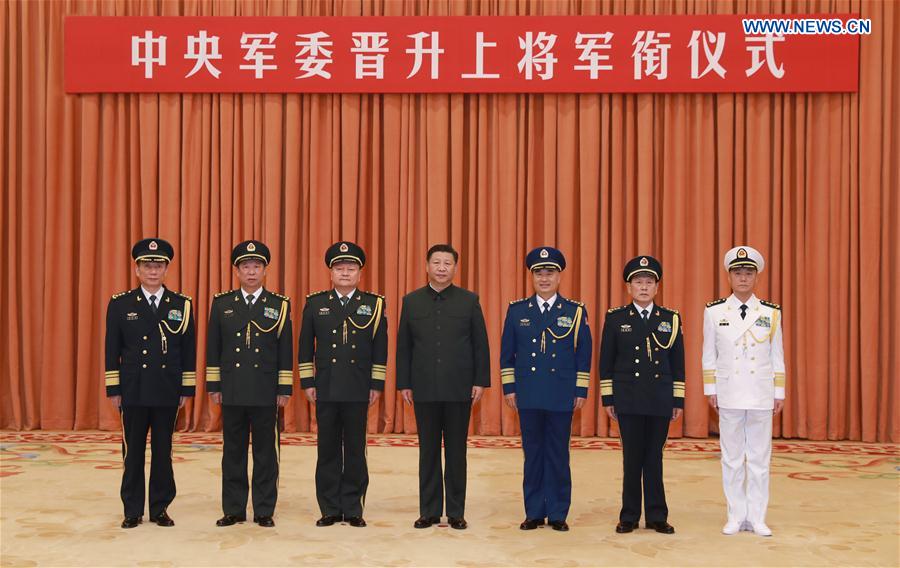A series of rules released by China’s top tourism authority on Thursday clarified improper behavior and detailed punishments for tour guides who run amok, industry insiders said.
![A guide shows a group of tourists around the Palace Museum in Beijing in October. [Photo/China Daily] A guide shows a group of tourists around the Palace Museum in Beijing in October. [Photo/China Daily]](http://images.china.cn/attachement/jpg/site1007/20171103/f44d307d90cc1b660c210e.jpg) |
|
A guide shows a group of tourists around the Palace Museum in Beijing in October. [Photo/China Daily]
|
New rules from the China National Tourism Administration prohibit guides from steering their clients to illegal or immoral activities, such as gambling, drugs or sex.
Guides are also prohibited from forcing clients to shop at businesses during a tour, or to charge extra money against a client’s wishes, through intimidation, restricting a person’s freedom or using physical force.
Those who violate the rules will have their licenses revoked, and income generated through such misbehavior will be confiscated. In addition, violators will be fined between 2,000 and 20,000 yuan ($300 to $3,000).
The administration said the quality of tour guides and the services they provide are key to the way the industry is perceived in China and abroad. Through the rules, which will take effect on Jan 1, the administration hopes to ensure healthy development of the domestic tourism market.
Wang Fude, a professor of tourism administration at Beijing International Studies University, said the new rules act as a supplement to existing tourism law.
“They elaborate tour guides’obligations and responsibilities and will be very helpful for the national tourism administration in strengthening its governance of this group of professionals,” Wang said.
Liu Simin, vice-president of tourism at the Beijing-based China Society for Future Studies, said the new rules are a detailed and updated version of a series of regulations issued in 2001.
The 2001 regulations listed some prohibited behaviors, and guides who were found in violation would have points deducted from their annual scores.
Guide services start with 10 points each year. Points are required to maintain a license, so if all 10 are lost, the guide service is shut down.
“The new rules describe situations beyond what were in the 2001 regulations, and cover circumstances in which a tour guide would be in violation – and punishments are laid out in detail,” Liu said, noting that some of the examples reflect situations that have been reported domestically in recent years.
In 2015 and 2016, many media reports appeared about misbehaving tour guides at popular destinations.
Forced shopping, verbal abuse of clients and even abandoning clients halfway through a tour were among the misdeeds.
“Against that backdrop, the new rules are more informative and accurate than the 2001 regulations,” Liu said. “They tell the guides which specific behaviors they should avoid.”
read more


![A guide shows a group of tourists around the Palace Museum in Beijing in October. [Photo/China Daily] A guide shows a group of tourists around the Palace Museum in Beijing in October. [Photo/China Daily]](http://images.china.cn/attachement/jpg/site1007/20171103/f44d307d90cc1b660c210e.jpg)
